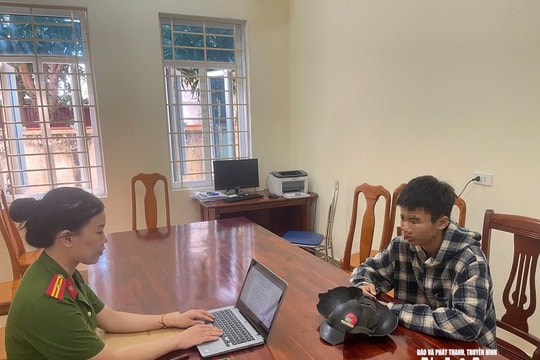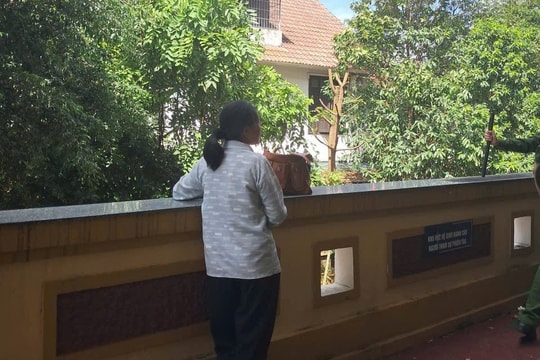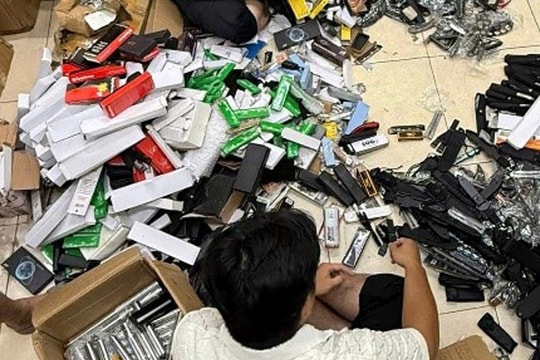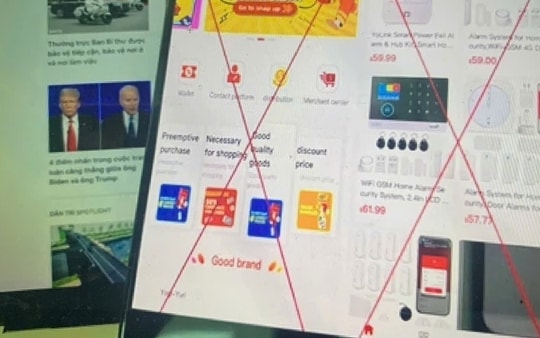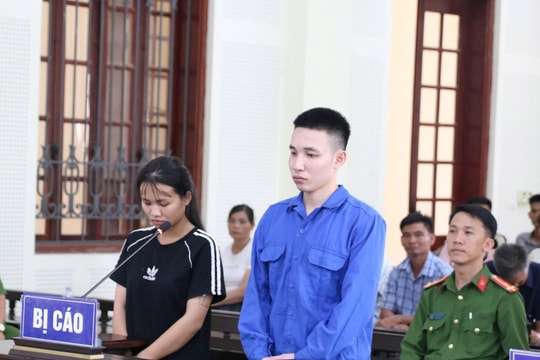Difficult to recover assets smuggled abroad
Some criminals, especially those related to positions, corruption, economics, etc., before fleeing abroad, take with them a huge amount of assets.
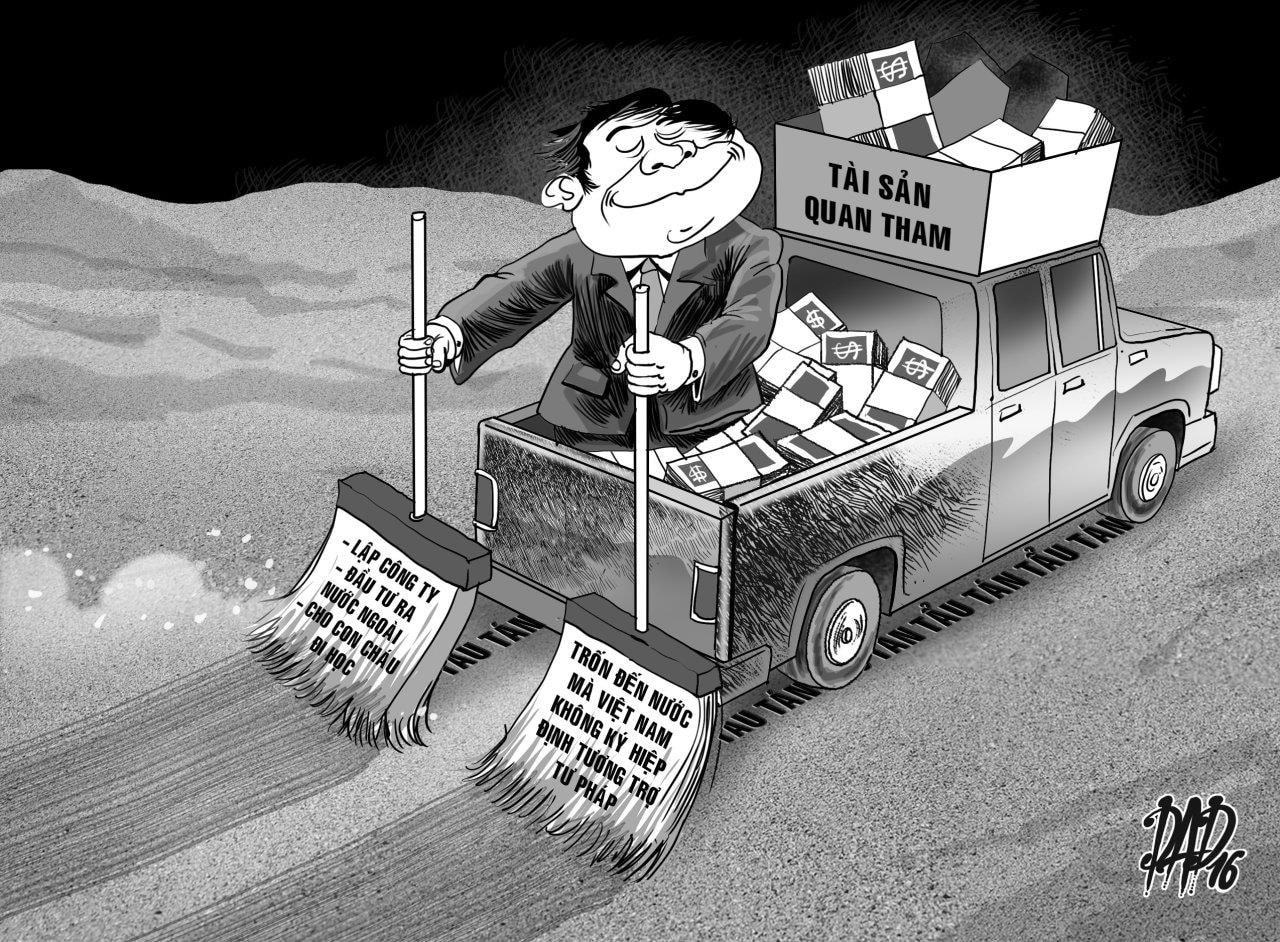 |
| What are the authorities doing to recover these "dirty" assets? |
Hard to prove
A former officer of Interpol Vietnam said that these subjects dispersed assets under the name of establishing companies and signing business contracts with foreign countries (money laundering).
Proving this requires a thorough investigation and coordination between the police forces of the two countries. Asset recovery must be based on the subject's crime and close coordination between the competent authorities of the two countries.
According to Master Nguyen Minh Son - High-level People's Procuracy in Ho Chi Minh City, if the Ministry of Public Security has decided to prosecute the accused, it has the right to decide to seize assets.
For those who have not yet been prosecuted, the authorities must prove that the assets abroad were obtained through crime. This is very difficult to prove in practice.
According to a network expert, currently with diverse sources of information about support services on how to transfer money, investment instructions for applying for a permanent residence card, information security methods... people planning to go abroad will prepare in advance.
“They find ways to transfer money by investing, buying stocks, sending their children to study abroad in the country they plan to settle in... At that time, the subject already has a foundation, an investor cover and their assets are protected by law...” - this expert said.
Not easy to recover
Lawyer Huynh Van Nong said that the Law on Anti-Money Laundering stipulates that if foreign currency is transferred abroad from 1,000 USD or more, it must be reported to the Anti-Money Laundering Department (State Bank).
Foreign currency transferred abroad must have legitimate reasons, and the amount transferred must also be appropriate to the specific circumstances and conditions.
“However, those who embezzle assets often take advantage of international shopping and overseas investment to disguise the transfer of large sums of money out of Vietnam. They often set up companies in countries and territories that are tax havens,” said lawyer Nong.
At that time, the subjects continued to use it to invest in developed countries (USA, Canada, Germany...) to enjoy long-term and legal settlement status.
In some cases, the recovery of stolen assets is extremely difficult if the wanted person and the stolen assets are in a country with which Vietnam has not signed a mutual legal assistance agreement.
However, if there is strong determination, Vietnam can extradite and recover assets through international arrest warrants. On the other hand, to recover assets dispersed due to corruption, Vietnam can apply the 2003 United Nations Convention against Corruption.
According to lawyer Bui Quang Nghiem, Vietnamese law has relatively complete provisions to regulate, restrict and handle acts related to money laundering, foreign exchange management, overseas investment...
But in reality, criminal cases related to bank credit and international trade, if someone has assets abroad, confiscation is extremely difficult and costly.
To overcome this, lawyer Nghiem said that prevention is important, because if we wait until we are discovered and wanted... it will be very difficult to recover.
“Competent state agencies must operate in accordance with the law. At the same time, they must seriously declare and publicize officials' assets so that supervisory institutions can properly perform their functions.
"If someone makes a false declaration and cannot explain the origin to the tax authorities, there must be sanctions, not excluding confiscation to the state budget," said lawyer Nghiem.
A lot of foreign currency flows out of the country According to economic experts, there is currently an official way to transfer money abroad that many people are using: setting up a company in the country and colluding with an exporter abroad - usually an affiliated company through importing raw materials, machinery and equipment. For example, a domestic company imports a shipment from a foreign affiliate with an actual value of only $100. But the domestic company requires the bank to issue a letter of credit for up to $1,000 to pay for the shipment. This situation is difficult for anyone to control because the payment order is 1,000 USD and the buyer paid exactly 1,000 USD so the bank has no reason to refuse. Taking advantage of this, many domestic companies have legally transferred huge amounts of foreign currency abroad. Foreign exchange management regulations are very strict but there are still dishonest people who intentionally cheat and circumvent the law to transfer large amounts of foreign currency abroad. |
According to Tuoi Tre

